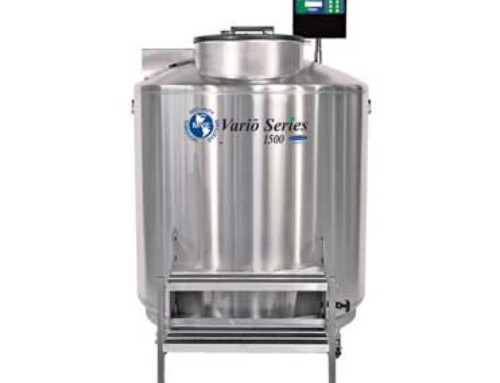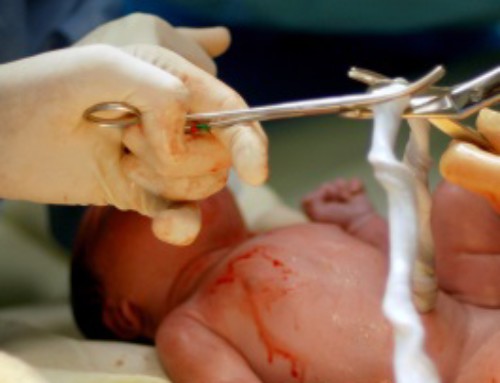Cord Blood and Tissue Banking has Become Highly Popular Among Expecting Parents
An increasing number of expecting moms are making the commitment of cord blood and cord tissue banking than ever before. When you consider the expanding potential, it’s not hard to understand why this has happened.
What Makes Cord Blood and Cord Tissue Special

To understand the value in banking cord blood, you first need to understand the value of the blood itself. Cord blood contains a high concentration of a very special material – hematopoietic stem cells. Those stem cells have a very important role to play in the growth and development of your baby while in the womb.
While mom is doing all the physical lifting, it’s those stem cells that do all the heavy lifting and development of your baby. You see, stem cells are what produce all of her different tissues, organs, and blood vessels.
Your baby’s umbilical cord is made up of Mesenchymal stem cells, or MSCs. The cells in your baby’s umbilical cord hold the potential to differentiate into a variety of cell types, and these cells have the ability to regenerate into other tissues in the body, such as bone, muscle, cartilage, and nerves. Scientist are excited about the future possibilities of regenerative medicine with cord tissue.
Your baby’s umbilical cord and the blood in the cord is just loaded with those powerful stem cells! Unfortunately, the ongoing value of those cells gets discarded – the cord is largely treated as medical waste and thrown away following birth. This means a complete loss of those remarkable stem cells.
Wide Ranging Treatment Options from Stem Cells
Modern medicine has seen a surge in the field of regenerative medicine thanks to a better understanding of stem cells. Scientists identified over the past 20-years that the stem cells discarded as waste may in fact hold even more potential by treating various diseases.
Cord blood stem cells have been proven to be a viable solution in the treatment of an ever-growing list of diseases and health conditions. Treatments have been shown to be especially effective against blood-borne diseases as well as many immune system disorders.
Just a sampling of roughly 80 treatments derived from all forms of stem cells include:
- Multiple forms of Leukemia
- Anemia
- Retinoblastoma
- Neuroblastoma
- Hodgkin’s Lympoma
- Osteoporosis
Additionally, there are countless more forms of treatment and therapy undergoing clinical trial. A sampling of those research efforts includes:
- Autism Spectrum Disorder (ASD)
- Amyotrophic Lateral Sclerosis (ALS)
- Ischemic Heart Disease
- Diabetes, Type 1
- Crohn’s Disease
- Rheumatoid Arthritis
- Spinal Cord Injuries
- Cerebral Palsy
- Alzheimer’s Disease
Regardless of what the future holds, expecting moms have comfort in knowing that cord blood and cord tissue stem cells come without the controversy embryonic stem cell. There is no controversy and no ethical dilemma tied to their collection.
How Does Cord Blood and Tissue Banking Work
The collection of cord blood is done by your medical staff following the delivery of your baby. In fact, your healthcare provider isn’t required to make any changes to their birthing procedure which means there is no risk to the mom or baby.
Once the blood has been gathered using the kit provided, it is sent to our lab for processing and storage.
Researchers believe that cord blood and cord tissue can be stored indefinitely using modern cryogenic techniques. This means that the blood would still be viable and available should you need it for treatment years from now.
Who Should Consider Cord Blood Storage
Virtually any expecting parent should at least pause to consider the collection and banking of their baby’s cord blood. That said, there are several circumstances where storage is more highly recommended.
- Family history of cancer
- Family history of blood-borne diseases.
- Family history of immune deficiencies.
- Family with ethnic or mixed ethnic backgrounds.
- Your Family!
Other Considerations
Cord blood research is an ever-evolving field and the potential can still exist where a banked sample would not be appropriate for use in a treatment. Specifically, it would not be appropriate to use a sample for the treatment of a genetic blood disorder where the stored blood carries the same genetic material.
Ongoing developments and research can be a lot to take in as you consider this important decision. Feel free to give Securacell a call today. Let our team of healthcare professionals talk you through the benefits of this once in a lifetime decision.





